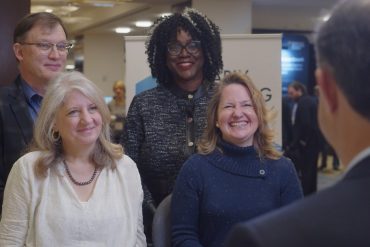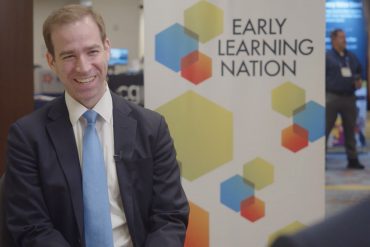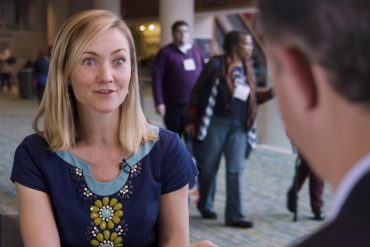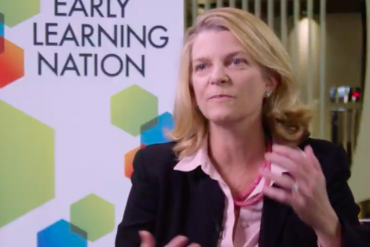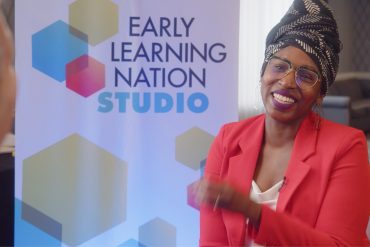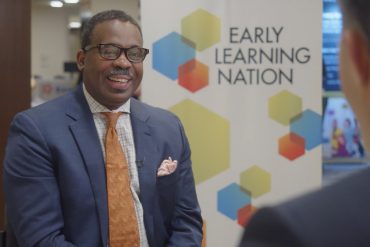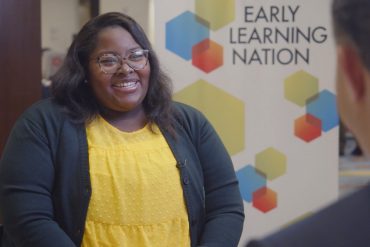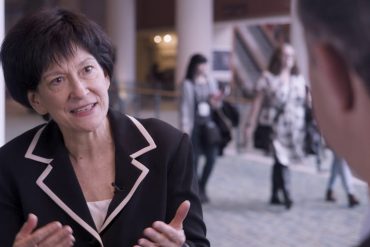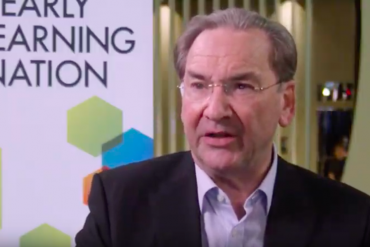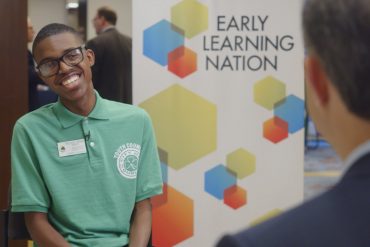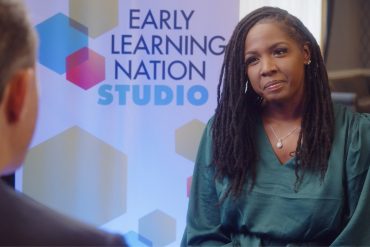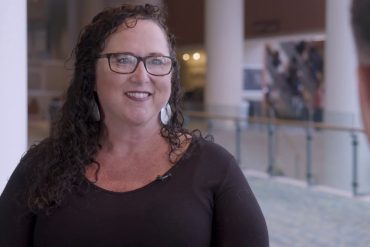By creating a community-wide coalition across Austin city and Travis County in 2011— encompassing the public, private and non-profit sectors—Austin/Travis County Success by 6 provides support for families from birth to five. With their new strategic plan—and 38 babies being born every day—the group is trying to improve school readiness overall.
For years, Hartford (CT) has been recognized as a leading city in early childhood learning. As Mayor Luke Bronin describes, the results come from a committed community, dedicated civic resources, including a Department of Families, Children, Youth and Recreation, with a division specifically focused on early child development – and the willingness to accelerate good ideas no matter where they come from. It starts, he says, by “working closely with families.”
It’s the not-so-secret secret: Higher rates of poverty occur for U.S. children in rural communities rather than urban ones. Yet delivering the benefits and tools of brain science to these areas is difficult in terms of cost, location, infrastructure. As Senior Specialist Lindsey Lockman Dougherty, Save the Children – in partnership with the Vroom Initiative – is doing something about that.
Building successful early learning programs is hard. Figuring out how to do it in some of the hardest to reach corners of the globe? That’s a case for Cynthia McCaffrey, director of UNICEF’s Office of Innovation.
Dr. Raquel Martin, a licensed clinical psychologist, professor and scientist, describes how black mental wealth encompasses mental health and well-being “because mental health and physical health and the way individuals are treated in society are all linked.” And shares how we all can start to address the challenge by first seeing “children as children.”
Senior Executive and Director of NLC’s Institute for Youth, Education and Families, Dr. Robert Blaine, says the institute works on many levels: specific programs, cities themselves and the wider population, all to increase outcomes and build more opportunity for children and families. Dr. Blaine’s role also carries an additional benefit: working with the inspiring youth leaders. It’s a blend that requires the skills of an orchestra conductor... and it turns out, Dr. Blaine has those, too.
As an NLC Youth Representative, North Carolina High School junior Ramie Mack has the opportunity to talk with adults, including mayors and city councilmembers. And as she advocates for learning, Ramie wants those leaders to understand that youth face challenges, too. That’s just one reason she advocates for making sure students are part of the conversation when learning is being discussed.
Among the National Association for the Education of Young Children’s (NAEYC) many roles: Bringing together a range of professions – and perspectives – to reach consensus on important issues affecting early childhood education. What are these position statements, and how do they get created? NAEYC Senior Advisor Barbara Willer explains.
What’s the business case for increased business investment in local early education programs? Bill Canary, Alabama businessman and chairman of Canary & Co., who has spent years at the intersection of business, public policy and education – including early education – explains.
As the City of Dublin (GA) Youth Council Mayor and a NLC Youth Leader, Darrius Knight is working to help adults and youths better understand each other. The key is communication. He also advocates for prison reform.
As Senior National Education Administrator for T-Mobile for Education, Dr. Kiesha King helps oversee T-Mobile’s Project 10Million, a $10.7 billion effort to bridge the digital divide by providing access to devices to “ensure internet access is not a barrier to a child's education.”
As early learning science continues to deliver new insights around how children learn, the imperative next step becomes putting those learnings into the hands of people who need it most: Educators and parents. Senior Manager Erin Ramsey explains how Mind in the Making does that all across America.


